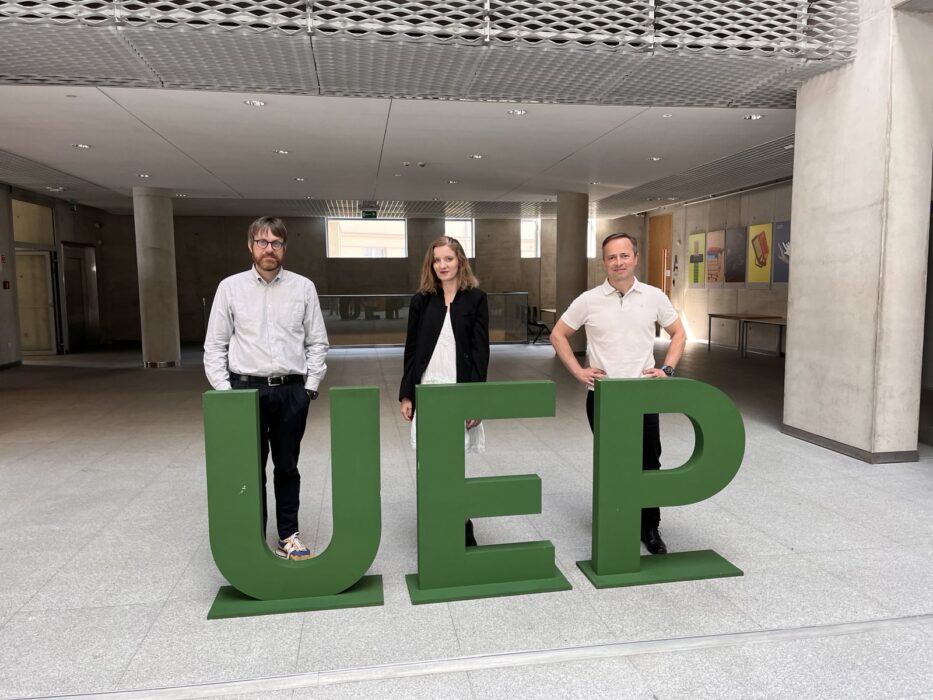Continued achievements in the global information verification competition

It’s noteworthy that this highly competitive event attracted 26 teams from around the globe. Last year, the team earned first place using fine-tuning techniques on large language models. Detailed information about this year’s edition of the competition is available in the publication titled “Overview of the CLEF-2024 CheckThat! Lab Task 1 on Check-Worthiness Estimation of Multigenre Content”.
Check-worthy texts contain statements that can be verified against external, trusted sources and may be potentially harmful. Identifying such texts is a crucial aspect of the fact-checking process, as it enables the selection of messages from vast collections of social media and online portal information, which can then be verified by professional fact-checking agencies.
The competition evaluated F1 scores for the positive class in English, Arabic, and Dutch corpora. The use of language models based on transformers and cross-linguistic transfer learning techniques allowed our scientists to win two second places in the rankings for English and Arabic. Leveraging transformer-based language models and cross-linguistic transfer learning techniques, the team secured two second-place rankings for English and Arabic submissions. Further details can be found in the publication by Marcin Sawiński, Prof. Krzysztof Węcel and Ewelina Księżniak, titled “OpenFact at CheckThat! 2024: Cross-Lingual Transfer Learning for Check-Worthiness Detection“.
The “CLEF CheckThat! Lab” event, held since 2018, aims to develop automated methods and technologies to support journalists in verifying information. This year, our scientists achieved a high position not only in the competition concerning the detection of check-worthy texts, but also took first place in competitions in the area of information credibility and and achieved the best result in the area of early risk prediction on the Internet.
Department of Information Systems is currently implementing the OpenFact research project, within which it is developing tools for automatic detection of fake news in Polish. In July 2024, the results of the OpenFact project were rated as the best in Poland by National Center for Research and Development for the second year in a row.
The OpenFact project is financed by the National Center for Research and Development under the INFOSTRATEG I program “Advanced information, telecommunications and mechatronic technologies”.




